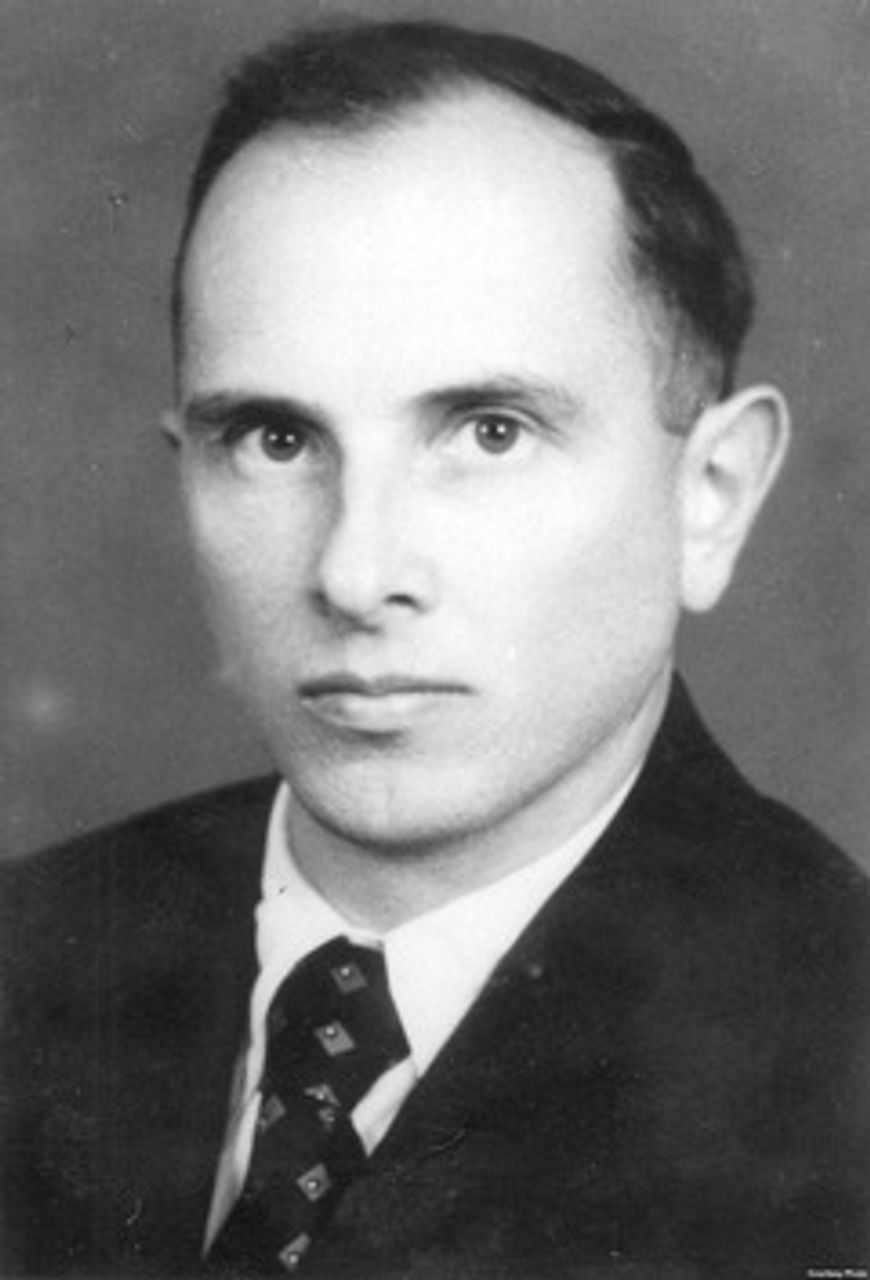To understand the far right in Ukraine you need to understand Stepan Bandera.
This is the 'hero' of Ukraine they wish to emulate.

en.wikipedia.org
In late 1942, when Bandera was in a German concentration camp, his organization, the Organization of Ukrainian Nationalists, was involved in a massacre of Poles in Volhynia and, in early 1944, ethnic cleansing also spread to Eastern Galicia. It is estimated that more than 35,000 and up to 60,000 Poles, mostly women and children along with unarmed men, were killed during the spring and summer campaign of 1943 in Volhynia, and up to 133,000 if other regions, such as Eastern Galicia, are included.[76][77][78
Swedish-American historian Per Anders Rudling said that Bandera and his followers "advocated the selective breeding to create a 'pure' Ukrainian race[17] and that "the OUN shared the fascist attributes of anti-liberalism, anti-conservatism, and anti-communism, an armed party, totalitarianism, antisemitism, Führerprinzip, and adoption of fascist greetings. Its leaders eagerly emphasized to Hitler and Ribbentrop that they shared the Nazi Weltanschauung and a commitment to a fascist New Europe."[54]
American historian Timothy Snyder has described Bandera as a fascist.[44][nb 13] Political scientist Andreas Umland characterized Bandera as a "Ukrainian ultranationalist", and also told Deutsche Welle that he was not a "nazi", noting Ukrainian nationalism then was "not a copy of Nazism".[15]
Historian David Marples described Bandera’s views as "not untypical of his generation", but as holding "an extreme political stance that rejected any form of cooperation with the rulers of Ukrainian territories: the Poles and the Soviet authorities". For Bandera, Russia was the chief adversary, but he also lacked tolerance for Poles and Jews. Marples also described Bandera as "neither an orator nor a theoretician" and wrote that he had minimal importance as a thinker.[5] Marples considered Rossolinski-Liebe to place too much importance on Bandera's views, writing that Rossolinski-Liebe struggled to find anything of note written by Bandera, and had assumed he was influenced by OUN publicist Dmytro Dontsov and OUN journals.[74]
Ukrainian historian Andrii Portnov writes that Bandera remained a proponent of authoritarian and violent politics until his death.[75]

